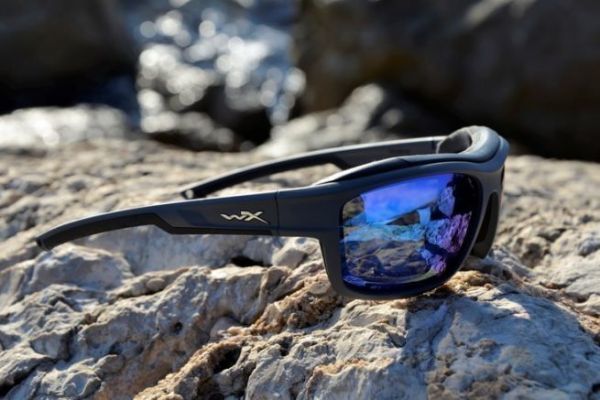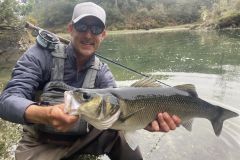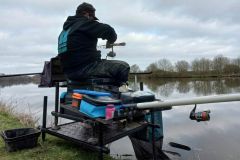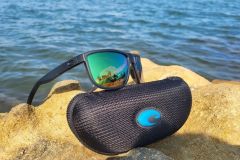For the sea
One of the main characteristics of sea fishing is that it requires highly protective eyewear. Sunlight and UV rays reflect off the surface of this large body of water and can be very harmful to your eyesight in the long term. This is why we use lenses in darker shades, such as blue, dark green or grey.
High luminosity calls for lenses capable of increasing contrast for sharper vision. A long, sunny day can be hard on your eyes, so opt for glasses that cover your face well. Grey or blue lenses are best for boat fishing, while green or brown lenses are ideal for sight fishing from the shore.
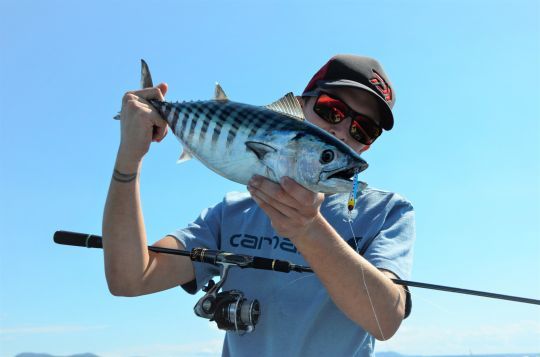
For fresh water
In freshwater, with the exception of large bodies of water, contrast-enhancing glasses are not mandatory. Instead, we seek to eliminate glare as much as possible and increase the clarity of our vision with glasses that transmit more light. Freshwater fishing is often practised in shaded areas, such as the banks of a river, so it's important to be able to capture as much detail as possible, even in dark water.
Colors such as light green and especially copper are ideal for fishing in shady areas. Much of summer freshwater fishing is sight fishing, for trout, black bass and whitefish like chub. A good pair of glasses with the right color lenses will make your life easier at the water's edge.
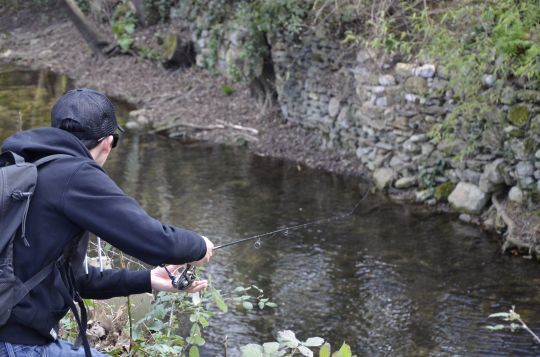
Special conditions
Of course, it's not always possible to know in advance the weather conditions or the clarity of the water you're going to fish in. To alleviate this problem, there are two-tone lenses, which are, for example, colored gray on the upper part of the scope to protect vision, and yellow or copper on the lower part to enhance detail in low-light conditions. At times of very low light, such as sunset, yellow lenses are a must, so you can continue fishing while benefiting from the polarizing effect. Be careful, however, not to wear this type of lens on sunny days, as you risk damaging your eyes very quickly.
Obviously, having several pairs of polarized glasses is not in every angler's budget, but with a little care, you can keep your pairs for many years if you choose the quality of the top brands.

 /
/ 